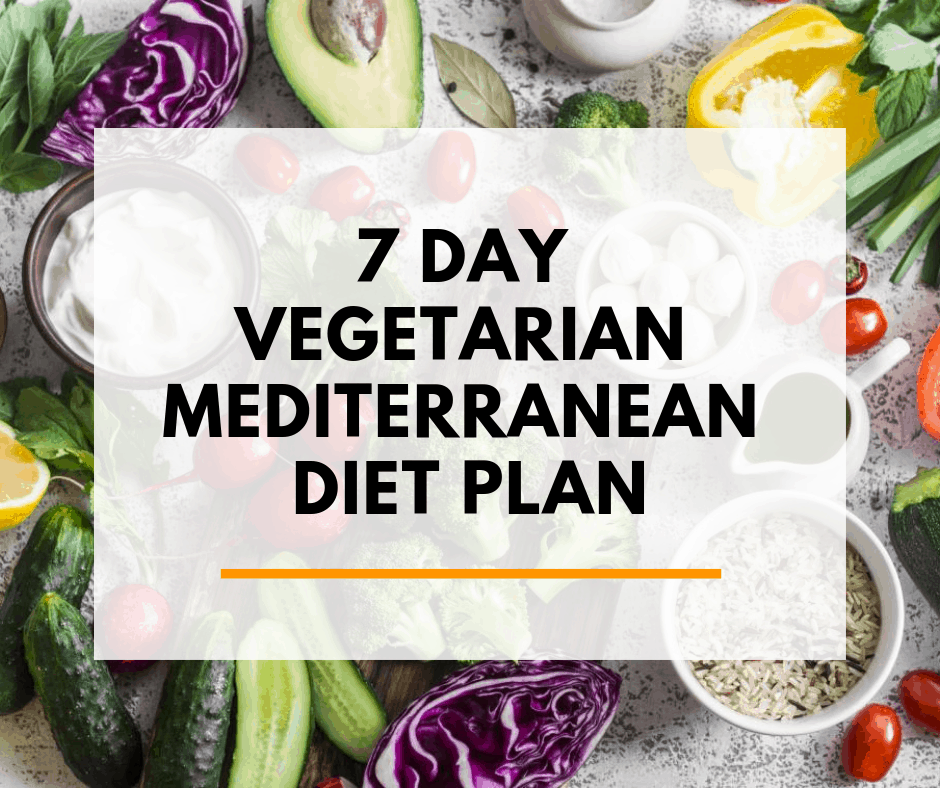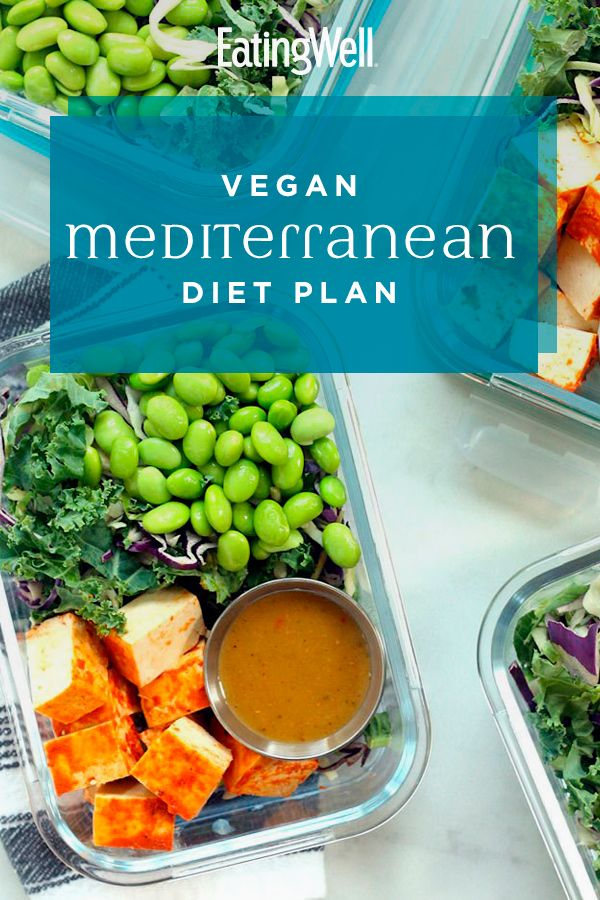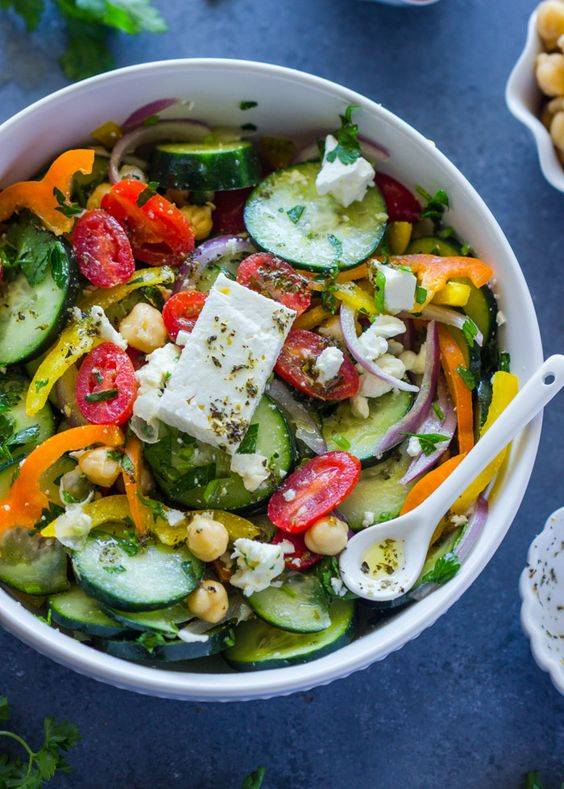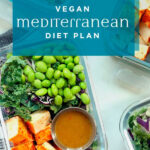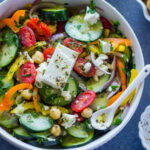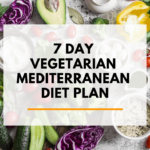Vegetarian Mediterranean Diet Plan – The Mediterranean diet is a way to eat that’s inspired by the traditional Mediterranean food culture. The Mediterranean diet is based on whole foods and food that is not processed like legumes, fruits, vegetables and nuts, seeds, olive oil and nuts. It also includes moderate portions of poultry, fish eggs, dairy products and a small amount of red meat. A Mediterranean diet promotes regular physical activity and sharing meals with others.
What are the essential foods that make up the Mediterranean diet?
Vegan Mediterranean Diet Plan Mediterranean Diet Plan Nutritious – Vegetarian Mediterranean Diet Plan – Vegetarian Mediterranean Diet Plan
The Mediterranean diet’s main ingredients are fruits, vegetables (whole grains) as well as legumes and nuts, as well as olive oil and seeds. The foods are eaten as is and are not processed. A moderate amount of fish, eggs dairy products, poultry and fish is included in the diet. There are a few small portions of white and red meat. Instead of focusing on particular nutrients or following strict dietary guidelines The emphasis is put on eating a variety nutrient-dense food.
What is not allowed in the Mediterranean diet?
7 Day Sample Plan Of Vegetarian Mediterranean Diet Diet – Vegetarian Mediterranean Diet Plan – Vegetarian Mediterranean Diet Plan
There aren’t any rules on what can be eaten on the Mediterranean diet. However, the Mediterranean diet generally is a focus on eating unprocessed, whole food items, as opposed to highly processed or packaged foods. The diet limits consumption of red meat, and promotes healthy protein sources like poultry and fish. Although there aren’t any limitations on food items but it is advised to consume a wide variety of healthy foods and avoid high-fat, processed foods.
How do I start with the Mediterranean diet?
7 Day Vegetarian Mediterranean Diet Meal Plan PDF Menu Medmunch – Vegetarian Mediterranean Diet Plan – Vegetarian Mediterranean Diet Plan
You can start your journey to the Mediterranean diet following these steps:
- Be sure to stock your kitchen with Mediterranean-style staples.
- Add more fruits and vegetables into your diet: Try to make vegetables and fruits the main ingredient in your meals. For a healthy option between meals, include an additional salad to your meal or lunch, or grab a bite from the fruit section.
- Choose protein options that are lean: The Mediterranean diet focuses on protein sources that are lean, such as poultry, fish, and plants-based proteins such as beans and lentils. These food items should be included in your diet regularly.
- The restriction of consumption of red meats is an essential part of the Mediterranean diet. Consider substituting red meat for other protein sources, like fish or plant-based protein sources, every few days.
- Be active: Physical activity is a crucial part of the Mediterranean lifestyle. Make sure to incorporate regular physical activity like cycling, walking or swimming into your daily routine.
- Dining with other people: Mediterranean eating encourages sharing meals and enjoying the moment. Have a mealtime party. This will allow you to stay connected to family and your friends.
